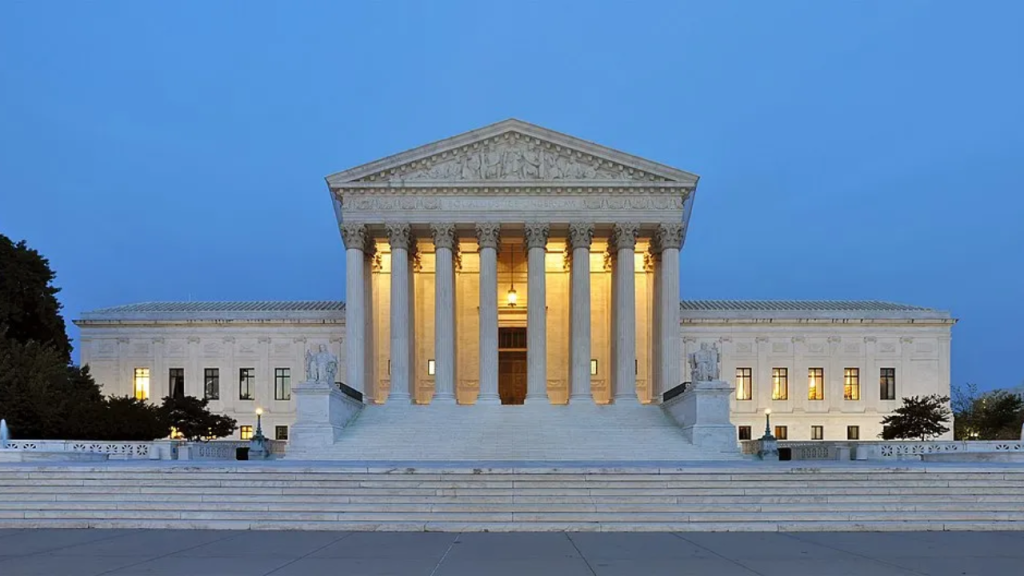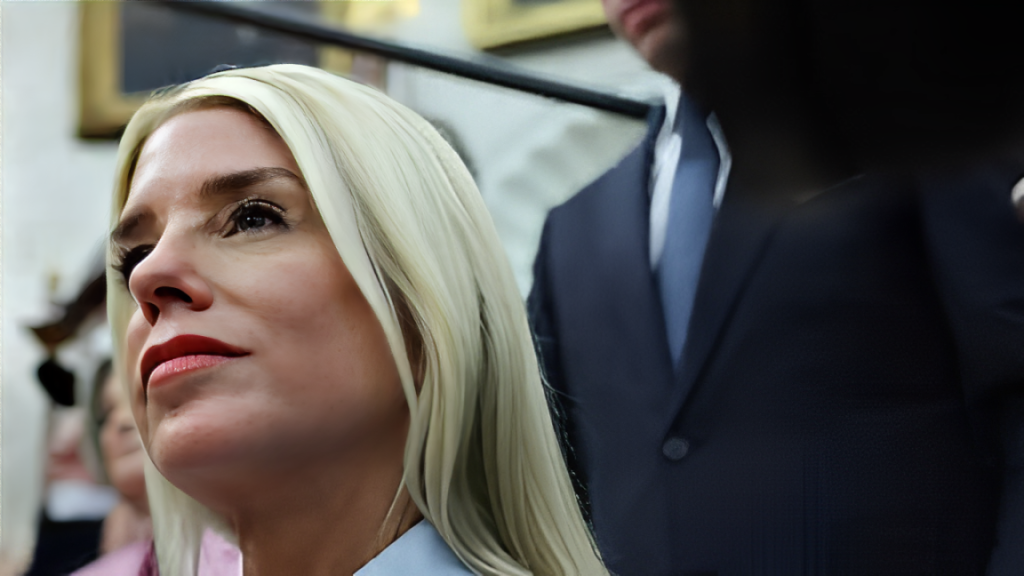
A former clerk for Supreme Court Justice Neil Gorsuch has openly criticized the Supreme Court’s recent decision to pause deportations of Venezuelan migrants.
The ruling came under the Alien Enemies Act (AEA) of 1798, a law that allows the U.S. government to detain or deport nationals of countries considered enemies during times of conflict.
The decision, passed over the weekend, halted some of the Trump administration’s mass deportation efforts — a move that upset many conservatives, including Attorney Mike Davis, who once worked closely with Justice Gorsuch.
Why This Matters?
The Trump administration has been pushing hard to deport undocumented immigrants, especially those from countries facing political unrest. But many of these efforts are hitting legal roadblocks. This recent Supreme Court ruling adds another pause, affecting hundreds, if not thousands, of Venezuelan migrants.
While some see it as the court doing its duty to check presidential powers, others, especially on the right, feel it was a betrayal by the very justices who were expected to support strict immigration policies.
What Happened?
On Friday, the Supreme Court issued a brief order that temporarily stops the deportation of certain Venezuelan detainees. The decision did not explain the reasons behind the pause but stated it would remain in place “until further order of this court.”
In a rare alliance, liberal and conservative justices joined together to issue the order. Justices Clarence Thomas and Samuel Alito were the only two who dissented.
Former Gorsuch Clerk Speaks Out

Mike Davis, a well-known conservative legal figure and former clerk to Neil Gorsuch, didn’t hold back during an appearance on Steve Bannon’s War Room podcast.
“It’s a total head-scratcher,” Davis said. “These Trump-appointed justices promised they’d follow the Constitution. But they didn’t do that on Good Friday. Why was there such lawlessness and cowardice from the Supreme Court?”
Davis was particularly upset with the three justices appointed by Trump — Gorsuch, Kavanaugh, and Barrett — who sided with liberal judges in the ruling.
The Dissenting View
Justice Samuel Alito, in his written dissent, strongly criticized the court’s actions:
“The Court gave this relief without hearing from the other side, without a ruling from a lower court, and without a clear explanation.”
He added that the court acted with “dubious factual support” and made the decision within just eight hours of receiving the application.
Who Joined the Ruling?
In total, seven justices supported the pause in deportations:
- Conservative-leaning: Neil Gorsuch, John Roberts, Brett Kavanaugh, Amy Coney Barrett
- Liberal-leaning: Sonia Sotomayor, Elena Kagan, Ketanji Brown Jackson
Only Justices Clarence Thomas and Samuel Alito dissented.
What Does the Order Say?
The Court’s short statement said that it is reviewing an application by a group of detainees trying to block their removal under the AEA. The case is still pending in the Fifth Circuit Court of Appeals, and the Solicitor General (the government’s top lawyer in Supreme Court cases) has been invited to respond soon.
Until that happens, the government has been told not to deport any of the detainees in this case.
What Are the Plaintiffs Saying?
The people fighting the deportation claim that the government is moving too fast and not giving them a fair chance to defend themselves.
They argue that:
- Notices were only given in English, and many detainees don’t understand them.
- Some detainees weren’t even informed of their right to challenge the deportation.
- The government has refused to share information with lawyers representing the group.
According to the plaintiffs, this lack of transparency and speed makes it impossible for them to respond properly.
Who Is Mike Davis?
Mike Davis has worked across all three branches of the U.S. government. He has served under President George W. Bush, in the Justice Department, for House Speaker Newt Gingrich, and as a clerk for Justice Neil Gorsuch.
He also helped lead the outside support team that pushed for Gorsuch’s Supreme Court confirmation in 2017.
His criticism holds weight because of his close ties to conservative legal circles and his deep knowledge of judicial processes.
What’s Next?
The ruling does not cancel the deportations. It simply pauses them for now. The Trump administration could continue with deportations later if it can convince the court that its actions are legally sound.
So, this is more of a temporary timeout than a final decision.
All eyes are now on the Fifth Circuit and the Solicitor General’s next move.
Summary
This case reflects ongoing tensions in American politics over immigration, judicial independence, and the role of the Supreme Court. Even judges appointed by a president can sometimes rule in ways that upset their former allies.
The issue is far from over, and how it unfolds could shape not just Trump’s plans but also the direction of U.S. immigration law for years to come.
